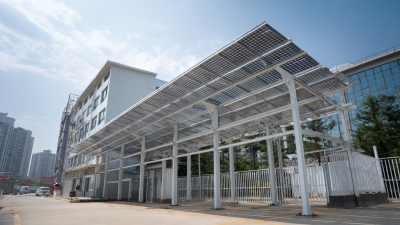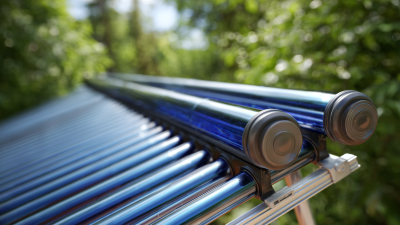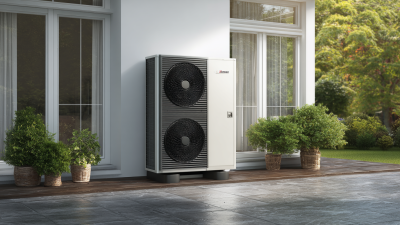Leave Your Message
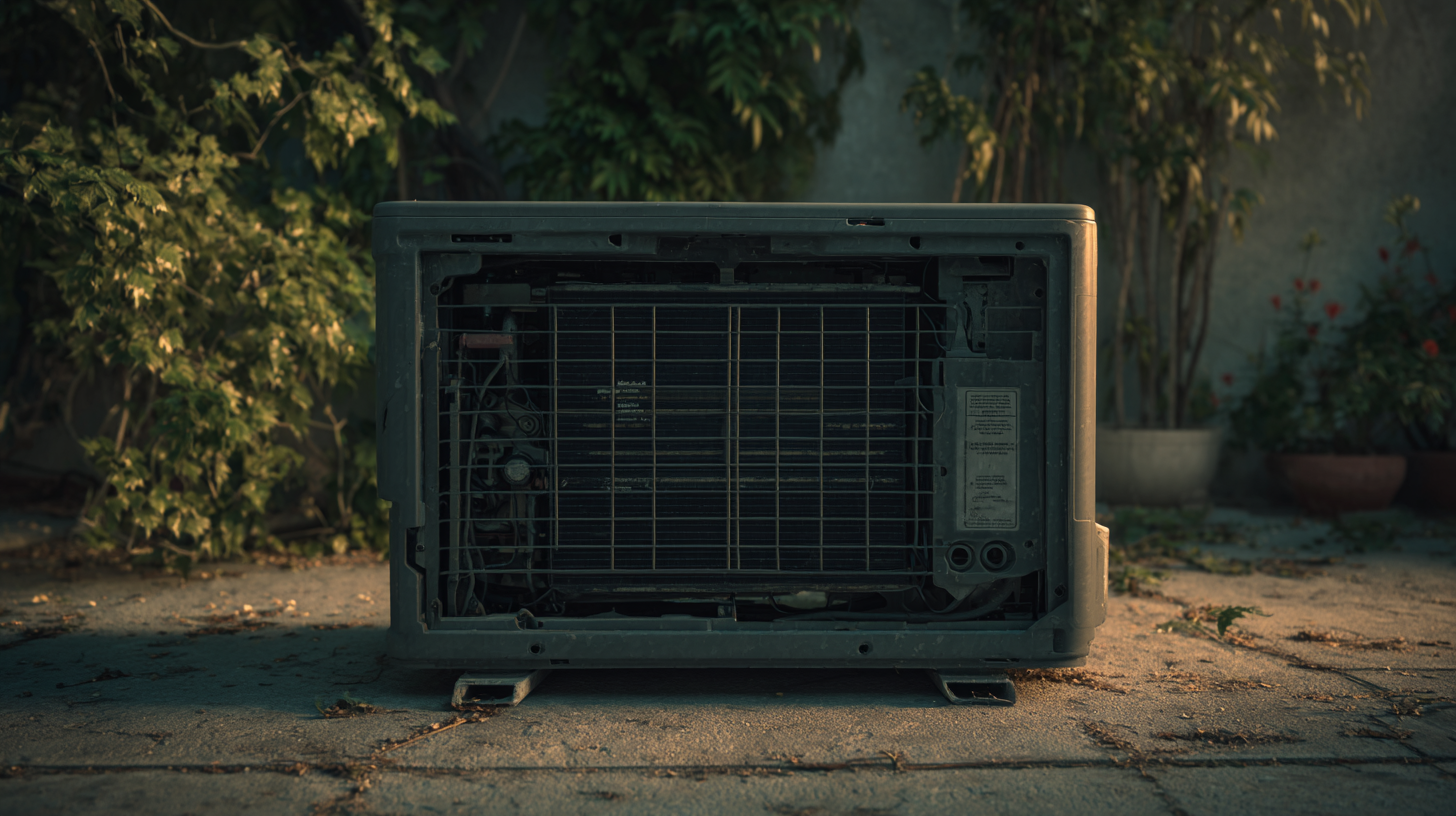 As the demand for energy-efficient cooling solutions continues to rise, understanding the benefits of Airconditioner Inverter technology becomes crucial for homeowners seeking optimal comfort and cost savings. According to a report by the International Energy Agency (IEA), air conditioning accounts for about 10% of global energy consumption, with projections indicating that this figure could double by 2050 if current trends continue.
Inverter technology, which allows air conditioners to adjust their compressor speed and cooling output based on the environment, can significantly reduce energy usage by up to 30-50% compared to traditional systems. This not only leads to lower electricity bills but also contributes to reduced environmental impact.
With advancements in technology, investing in an Airconditioner Inverter system is poised to become a smart decision for today's eco-conscious consumers, enhancing both comfort levels and energy efficiency within the home.
As the demand for energy-efficient cooling solutions continues to rise, understanding the benefits of Airconditioner Inverter technology becomes crucial for homeowners seeking optimal comfort and cost savings. According to a report by the International Energy Agency (IEA), air conditioning accounts for about 10% of global energy consumption, with projections indicating that this figure could double by 2050 if current trends continue.
Inverter technology, which allows air conditioners to adjust their compressor speed and cooling output based on the environment, can significantly reduce energy usage by up to 30-50% compared to traditional systems. This not only leads to lower electricity bills but also contributes to reduced environmental impact.
With advancements in technology, investing in an Airconditioner Inverter system is poised to become a smart decision for today's eco-conscious consumers, enhancing both comfort levels and energy efficiency within the home.
Inverter technology is revolutionizing home comfort by providing a more efficient and adaptable climate control solution. Unlike traditional air conditioning systems that frequently cycle on and off, inverter systems operate at variable speeds, allowing them to maintain a consistent temperature with reduced energy consumption. This is particularly beneficial during extreme weather conditions, as the system can adjust its output based on the immediate needs of the home.
Tips: When selecting an inverter air conditioner, consider models with smart features, such as remote control or programmable settings, which can further enhance energy efficiency. Regular maintenance, such as cleaning the filters and ensuring proper airflow, can also maximize the lifespan and performance of your system.
Another advantage of inverter technology is its quieter operation. Since these systems do not have to turn on and off frequently, they produce less noise, creating a more peaceful indoor environment. This is especially advantageous for bedrooms or study areas where concentration and tranquility are paramount.
Tips: To further minimize noise, place your inverter unit away from high-traffic areas and opt for models known for their low decibel ratings. Utilizing sound-absorbing materials in the installation area can also help maintain a serene atmosphere.
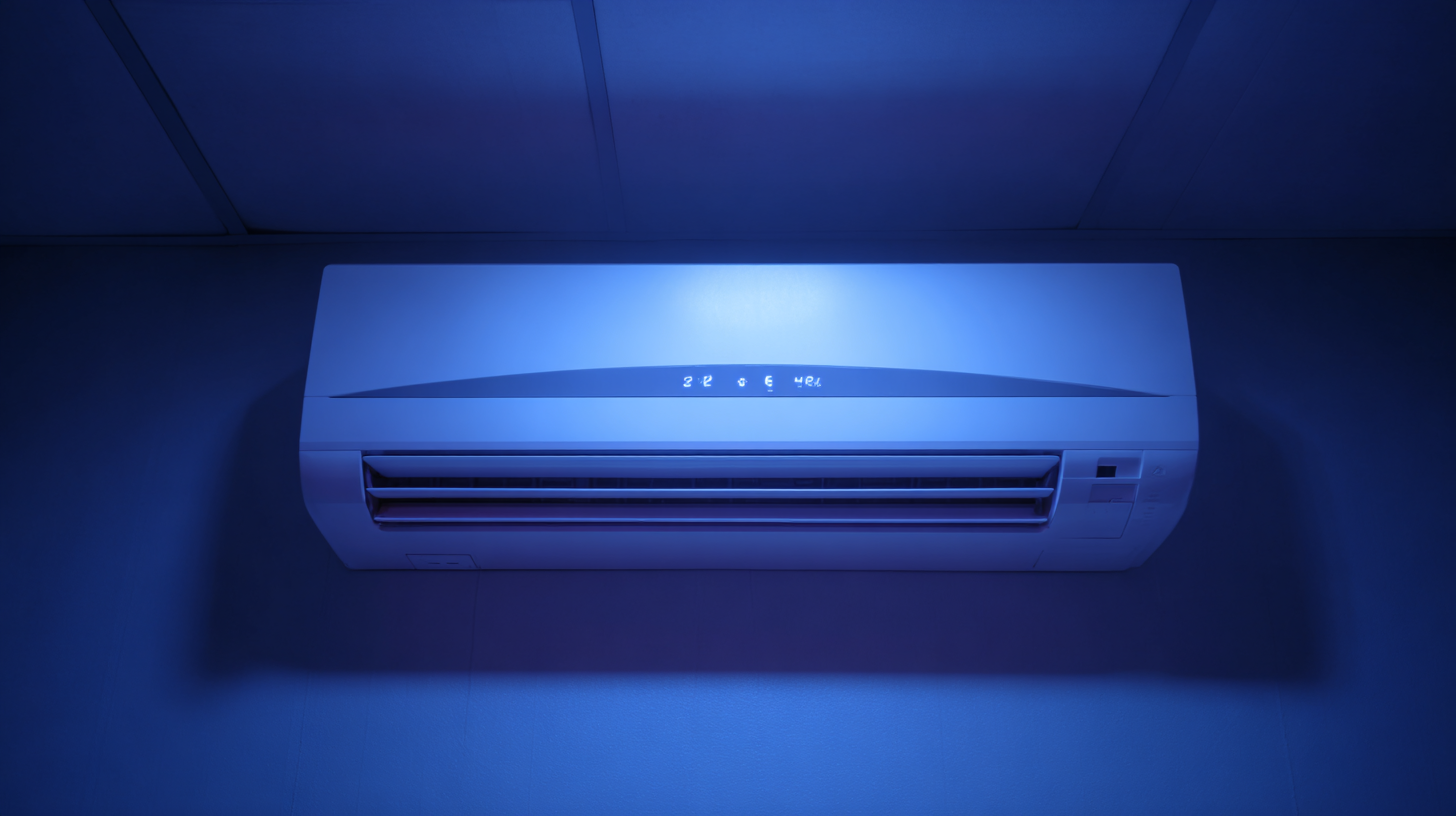
In recent years, inverter technology has revolutionized the air conditioning industry, offering numerous advantages over traditional models. One of the key benefits is energy efficiency. Inverter air conditioners adjust the compressor speed based on the cooling demand, which leads to significant energy savings. Unlike conventional units that operate at a constant speed, inverter models maintain a more consistent temperature, requiring less energy to keep the home comfortable.
When considering which air conditioner to purchase, it's essential to focus on the long-term benefits. **Tip:** Look for models with a high Energy Efficiency Ratio (EER) to maximize your savings. Additionally, inverter air conditioners operate more quietly than their traditional counterparts, making them an ideal choice for bedrooms or other quiet living spaces.
Another notable advantage is the quicker cooling time. Inverter technology allows for faster adjustment to temperature settings, providing immediate relief during hot weather. **Tip:** For optimal performance, regularly maintain your air conditioning unit to ensure it's running efficiently. By investing in an inverter air conditioner, homeowners can enjoy enhanced comfort and lower utility bills while contributing to energy conservation.
This chart illustrates the advantages of inverter air conditioners over traditional models in terms of energy efficiency, noise level, cooling speed, and lifespan. Inverter technology significantly outperforms traditional systems in energy efficiency and cooling speed, making it a better choice for home comfort.
Inverter air conditioner technology is transforming the way we approach home comfort, offering significant energy efficiency benefits that can lead to substantial savings on utility bills. According to industry reports, inverter ACs can save up to 30-50% more energy compared to conventional units by adjusting the compressor speed based on real-time temperature needs. This adaptability not only maintains a stable indoor climate but also minimizes energy wastage, which is crucial during peak usage times, especially in extreme weather conditions.
To maximize the efficiency of inverter air conditioners, consider keeping the system running continuously instead of turning it off when leaving home. Studies suggest that maintaining a consistent temperature can be more energy-efficient than frequent on-and-off cycles. Additionally, utilizing energy-efficient settings, like "dry mode", can help reduce humidity without excessive cooling, further optimizing energy consumption. Moreover, regular maintenance, such as ensuring filters are clean and systems are well-serviced, can enhance performance and longevity, providing both comfort and economic advantages in the long run.
When selecting the right inverter air conditioner for your space, it is crucial to consider several key factors. First, assess the area you want to cool; the size of your room significantly impacts the cooling capacity required. Inverter air conditioners come with a range of capacities, typically measured in BTUs (British Thermal Units). For optimal performance, ensure the unit matches the size of your room to avoid inefficiencies and ensure comfort.

Secondly, energy efficiency is a pivotal aspect. Inverter technology allows air conditioners to adjust their cooling output according to the current environmental conditions, making them more energy-efficient compared to traditional models. Look for units with high Seasonal Energy Efficiency Ratio (SEER) ratings, as these will consume less electricity over time. Additionally, consider features such as smart technology integration, which allows you to control the unit remotely, providing a user-friendly experience while helping to maintain energy savings. By focusing on these elements, you can choose an inverter air conditioner that best meets your comfort needs and environmental goals.
Proper maintenance is essential for prolonging the life of your inverter air conditioner. One of the most effective practices is to clean or replace the air filters regularly. Clogged filters restrict airflow, causing the system to work harder and more inefficiently, which can lead to premature wear and tear. It’s advisable to check the filters every month and clean or replace them as needed. This simple step can enhance energy efficiency and maintain optimal cooling performance.
Additionally, conducting routine inspections of the unit is crucial. This includes checking for any dust buildup on the coils and ensuring that the condensate drain is clear. If the coils are dirty, they can impede heat exchange, resulting in decreased efficiency and higher energy costs. Clearing the drain helps prevent water overflow and potential damage to the system. Scheduling professional maintenance at least once a year is also recommended, as technicians can identify and address issues that may not be apparent to the average homeowner, ultimately extending the unit’s lifespan.


